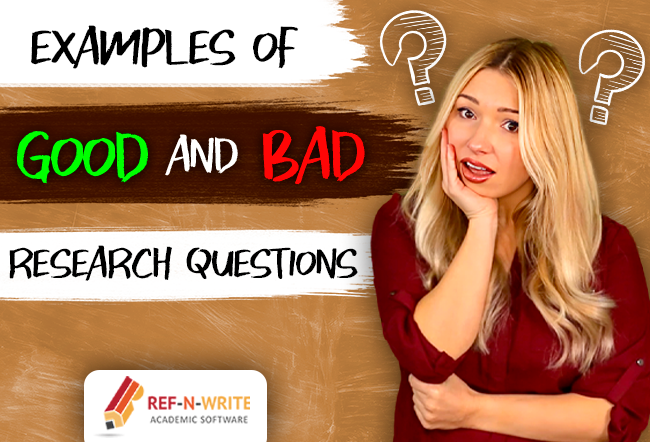A literature review critically examines the methodologies used in the studies, discussing their strengths and weaknesses. Your review should be critical and analytical, not just descriptive. In this blog, we will look at how to use constructive language when critiquing other’s work in your research paper.
1. Should a Literature Review be Critical?
Absolutely! A literature review should indeed be critical. It’s like being a judge in a talent show. Rather than simply describing each performance, you critically evaluate them, highlighting strengths, noting weaknesses, and considering how each act contributes to the show’s overall theme. In the context of a literature review:
Assess the Methodology
Critically analyze the research methods used in the studies you review. Are there limitations or biases in how the research was conducted?
Compare and Contrast
Examine how different studies relate to each other. Do they present conflicting evidence? Do they build upon each other’s work?
Identify Gaps
A critical review identifies what hasn’t been explored or fully understood in your area of study. Highlighting these gaps is crucial for setting the direction for future research.
Theoretical Analysis
Engage with the theoretical frameworks underpinning the research. Are there alternative theories or perspectives that could be applied?
Remember, a critical literature review doesn’t mean being negative about the studies. It’s about providing a thoughtful, in-depth analysis that offers a balanced view of the research landscape. This critical approach adds depth to your review, demonstrating your understanding and engagement with the field.
2. How to Critique a Research Article?
Keep your review academic and objective. Avoid personal bias and ensure your research backs your arguments. Your critique should be evidence-based. Here are some academic phrases from Ref-n-write’s academic phrasebank that you can use to critique research articles.
[1] As far as we know, no previous research has investigated ... [2] Studies on ... are lacking in the main literature. [3] Much of the potential of the method remains unexplored. [4] There have been no works published so far to the best of the author’s knowledge. [5] What has been missing so far is ...
[1] The limited evidence available remain controversial. [2] These inconsistent studies cannot be considered as conclusive. [3] Conflicting results have been reported in the literature with regards to ... [4] This has been a controversial point widely discussed in the literature. [5] There is a great deal of debate surrounding the ...
[1] As far as we know, no previous research has investigated ... [2] Studies on ... are lacking in the main literature. [3] Much of the potential of the method remains unexplored. [4] There have been no works published so far to the best of the author’s knowledge. [5] What has been missing so far is ...
3. Using Constructive and Diplomatic Language
Try to use constructive and diplomatic language in your literature review. Pay specific attention to your language when you are criticizing other researchers in your field. Let’s look at some examples.
3.1. Example 1
Here, we are pointing out the drawback of previous studies.
✖ Bad: Too blunt
None of the previous works [1-4] offer a good solution. The problem is still unsolved.
✔ Good: Some credit given to previous research
Despite the success of previous works [1-4] in certain aspects, the problem is still unsolved.
Look at the first statement, it is quite blunt and we are very critical of previous works. Now look at the second statement, we are giving some credit to the previous authors and appreciating their efforts. And then we are making our claim that there is no solution to the problem.
3.2. Example 2
Here is another example. Here we are establishing the research gap.
✖ Bad: Too confident
There are no studies in the literature that deals with this problem.
✔ Good: Modest language
To the best of our knowledge, there are no studies in the literature that deals with this problem.
Look at the first statement, we are coming across as too confident. We are saying that we are 100% sure that there are no studies in the literature that deals with this issue. Now, look at the second statement. We managed to tone it down a bit by using the phrase ‘To the best of our knowledge’. Now the statement sounds a bit more modest and constructive.
4. Can I use ChatGPT for Critical Literature Review?

Using ChatGPT or similar AI language models to assist in a literature review is intriguing, blending traditional research methods with cutting-edge technology. ChatGPT can quickly provide summaries or explanations of concepts, saving time in the initial stages of research. However, it’s essential to understand the disadvantages:
5. Summary
A literature review is a foundational element in academia, whether you’re crafting a thesis, dissertation, or any significant research project. It’s not just a formality; it’s a strategic exploration that shapes and informs your research journey. When writing your literature review, please keep in mind the things we have discussed in this blog. For further reading, see our blog on literature review phrases.






